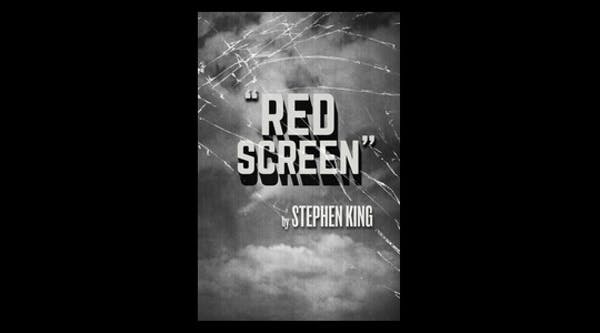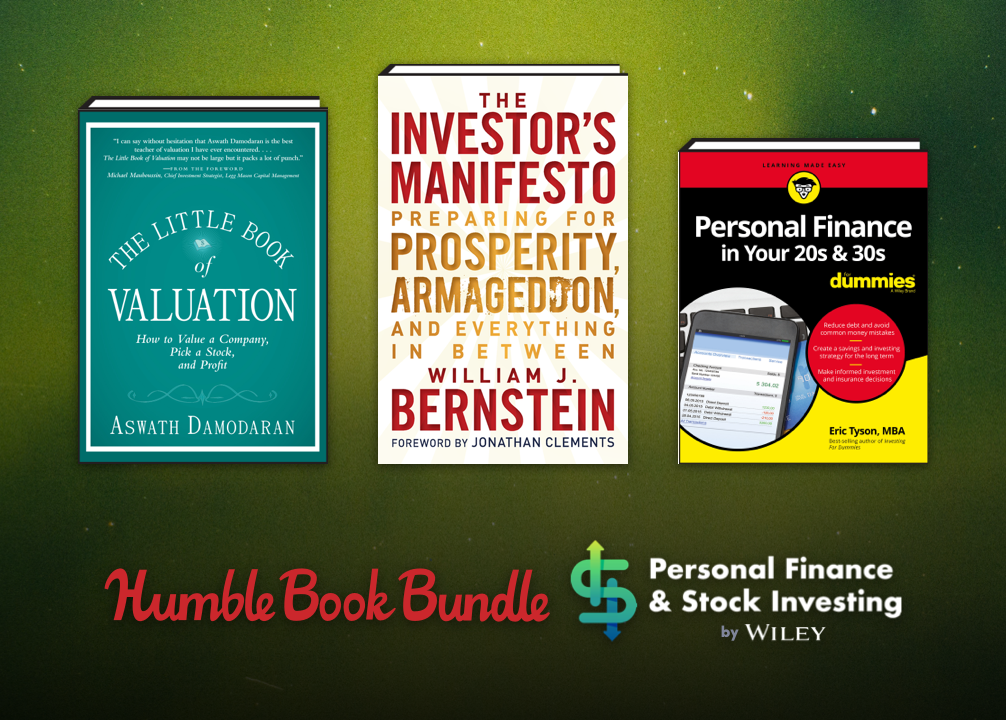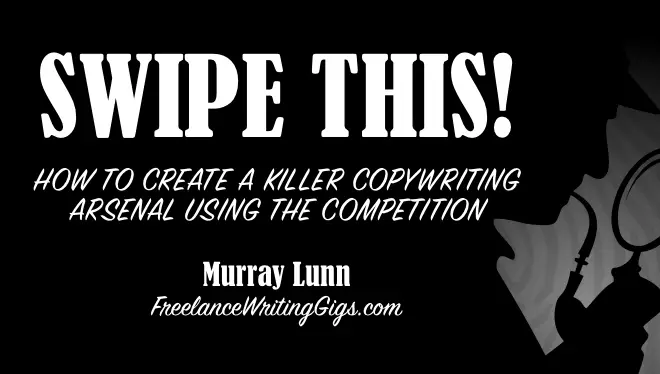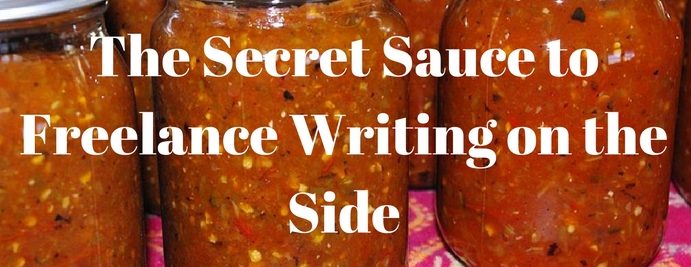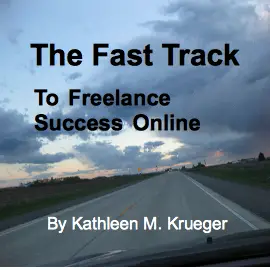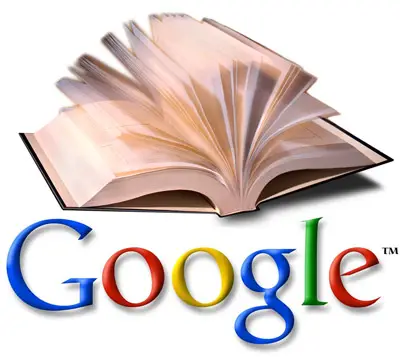eBooks
-
Get This Never-Before-Published Stephen King Short Story ($5 Only!)
Stephen King fan? This is something you don’t want to miss. A…
-
Do You Need Help With Your Finances?
Don’t we all? There is always room for improvement in personal finance,…
-
Create a Killer Copywriting Arsenal Using the Competition
Ideas make a writer’s world go round. Without them, we don’t have…
-
Want to Start Freelancing on the Side? Check Out Our New Book!
Jumping off that cliff – otherwise known as a day job – to…
-
For the SEO Writers: How to Successfully Optimize Your EBook for the Web
Creating an EBook is becoming more and more popular amongst small businesses—and…
-
Win a Free Copy of Kathleen Krueger’s “The Fast Track to Freelance Success Online”!
Many of you have been working online for quite some time, but…
-
A Look at E-Reading Trends
Here’s an infographic writers will want to take a look at: The…
-
A Radical Response to Piracy
Since ebooks went mainstream (thank you, Kindle), book authors are now finding…
-
What’s a Book Writer to Do?
I’ve had five novels published professionally, through an internationally-distributed publishing house. I’m…
-
Google Editions
Google Editions is coming, and you best be ready for it. Google…

